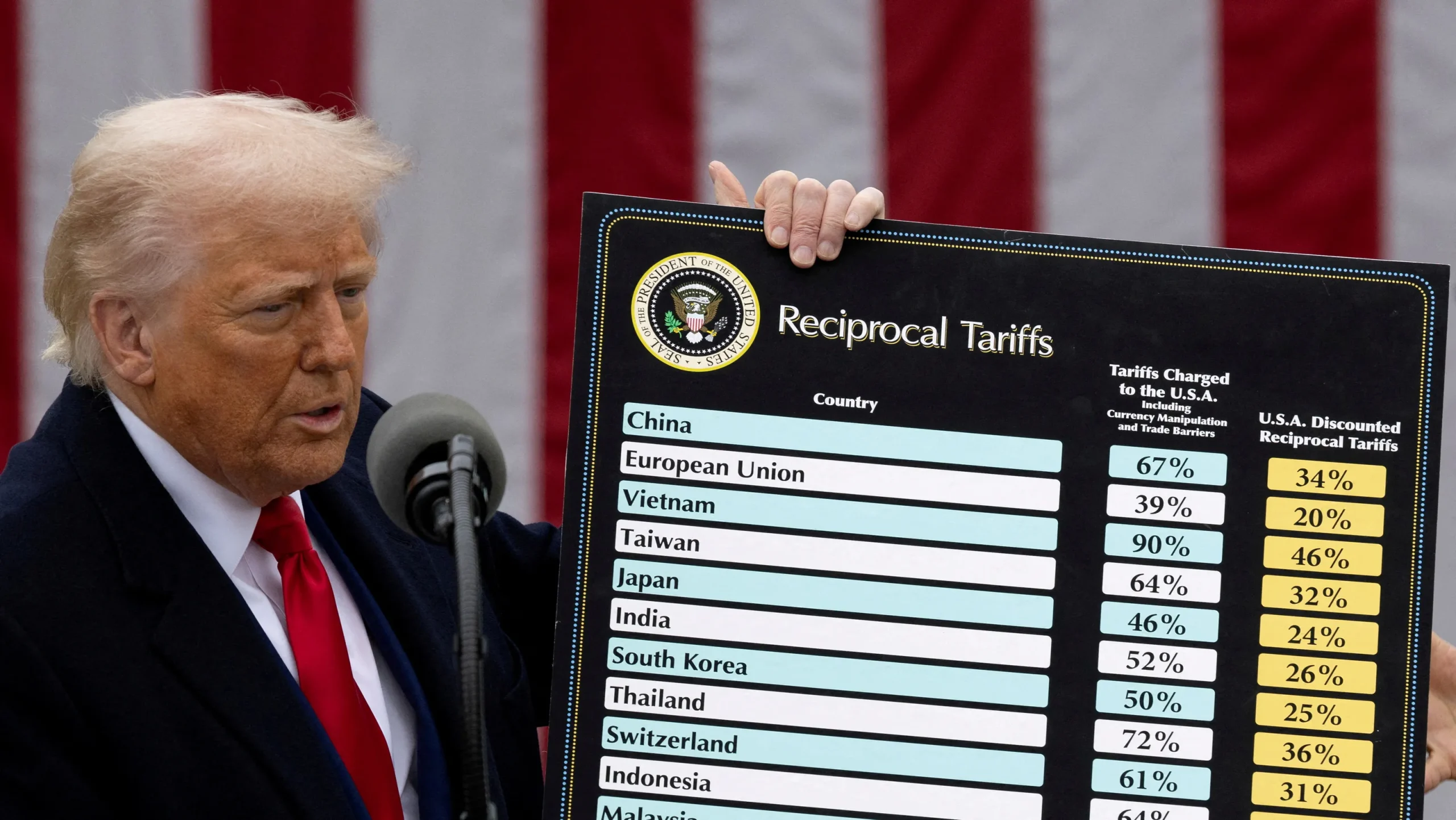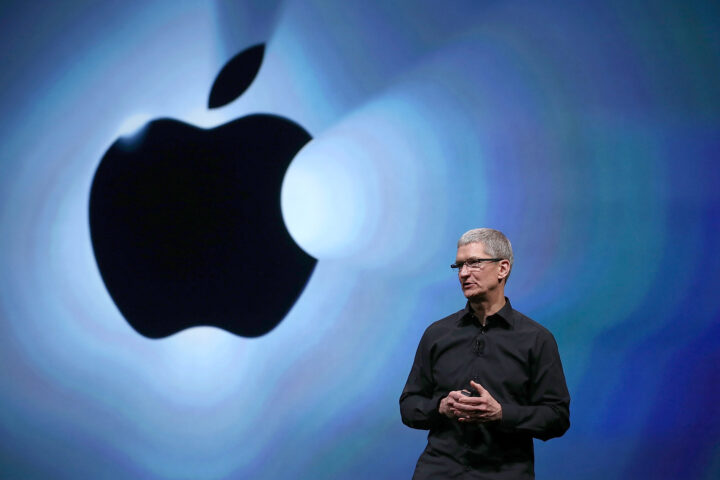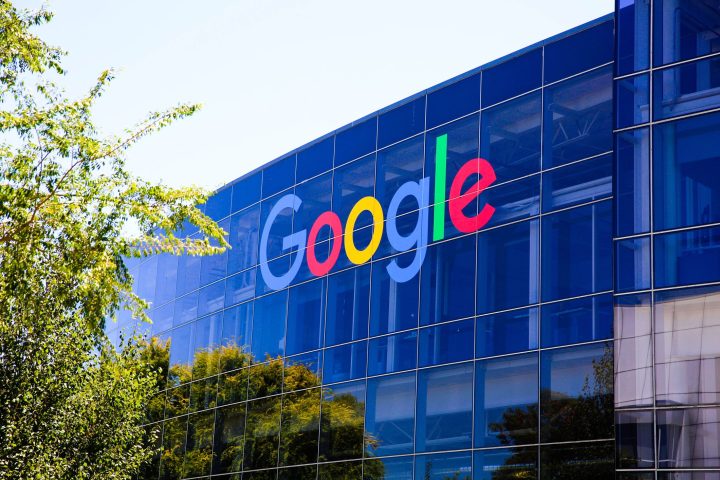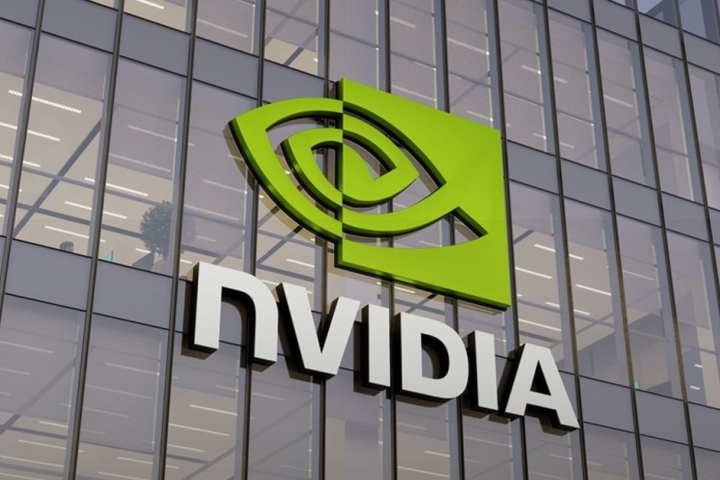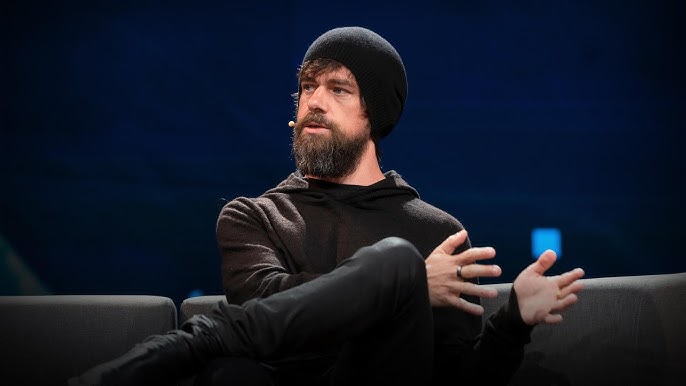Shares of America’s largest technology companies tumbled Friday after President Donald Trump vowed to impose sweeping new tariffs on Chinese goods, erasing about $770 billion in market value from the sector and triggering Wall Street’s worst single-day sell-off in months.
Amazon, Nvidia and Tesla each fell around 5%, leading a broad retreat across megacap tech stocks. The Nasdaq Composite dropped 3.6%, while the S&P 500 slid 2.7%, marking their steepest declines since April, when Trump first threatened “reciprocal” duties on major U.S. trading partners.
The sell-off intensified late Friday after Trump posted on social media that the U.S. will impose a 100% tariff on Chinese imports and begin enforcing export controls on “any and all critical software” starting Nov. 1. Shares of Amazon, Nvidia and Tesla each slipped another 2% in extended trading following the announcement.
The renewed trade rhetoric abruptly halted what had been a powerful rally in the technology sector, driven largely by investor optimism surrounding artificial intelligence and cloud infrastructure spending.
In late September, Nvidia became the first company in history to reach a $4.5 trillion market capitalization, riding unprecedented demand for its graphics processing units (GPUs), which power AI systems for companies such as OpenAI and Microsoft. On Friday alone, Nvidia’s market value plunged by $229 billion, erasing weeks of gains.
Nvidia’s chips underpin the computing backbone for OpenAI’s operations across major cloud providers. OpenAI’s growth has shown few signs of slowing the company recently unveiled its Sora 2 video-generation tool in September and announced this week that ChatGPT now has over 800 million weekly users.
Even Microsoft, one of the biggest backers of OpenAI and a top customer of Nvidia’s GPUs, was not spared in the sell-off. The software giant’s shares dropped sharply, erasing $85 billion in market capitalization by day’s end.
Amazon shares slumped 5%, wiping out the company’s gains for the year. The stock is now down 2% in 2025, as investors reassessed the potential impact of tariffs on retail prices and consumer spending.
The e-commerce and cloud leader lost about $121 billion in market value on Friday. Amazon competes directly with Microsoft in renting out GPU-based infrastructure to AI developers and enterprises.
“There continues to be a lot of noise about the impact that tariffs will have on retail prices and consumption,” CEO Andy Jassy told analysts in July. “Much of it thus far has been wrong and misreported. As we said before, it’s impossible to know what will happen.”
Tesla, which unveiled new lower-priced vehicle models earlier in the week, saw its stock plunge 5%, shaving $71 billion off its market capitalization. Investors fear that higher tariffs on Chinese imports could disrupt Tesla’s supply chain and raise manufacturing costs. The electric carmaker is set to report third-quarter earnings on Oct. 22, followed by Microsoft’s results the next week and Nvidia’s in November.
Other major tech players also lost ground. Alphabet, the parent company of Google, fell 2%, while Meta Platforms, the owner of Facebook and Instagram, dropped nearly 4%.
The day’s rout underscores Wall Street’s sensitivity to trade and policy shifts particularly for megacap technology firms that now dominate U.S. equity markets. Together, the five largest tech companies account for nearly one-third of the S&P 500’s total market capitalization.
Investors and analysts warned that further escalation of tariff threats could heighten volatility heading into the final quarter of 2025.
“Tech valuations are at historic highs and extremely dependent on global supply chains,” said one portfolio strategist at a major investment bank. “Any disruption real or perceived can trigger an outsized reaction.”
As markets brace for the next round of corporate earnings and geopolitical developments, the fate of the year’s tech rally may now hinge as much on Washington’s trade policy as on Silicon Valley’s innovation cycle.


